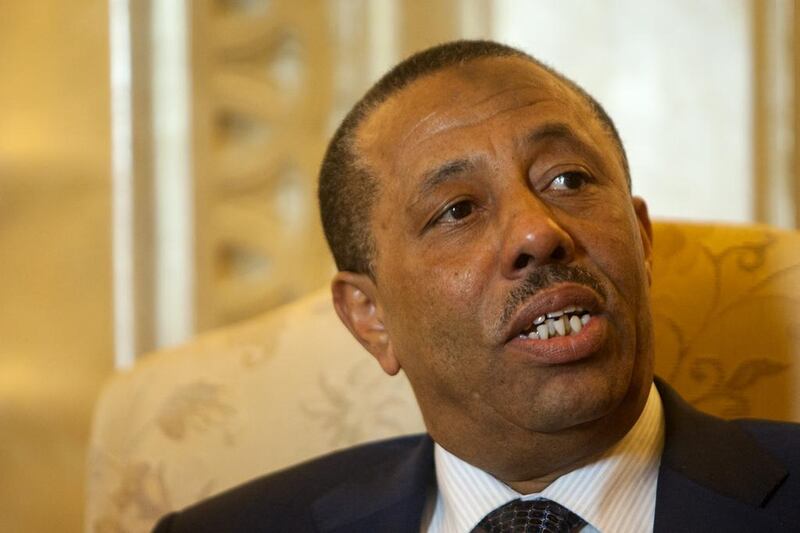As UN officials and western envoys shuttle back and forth trying to cobble together a robust negotiations process to resolve the Libyan conflict, the North African country’s Supreme Court – the last standing state institution with some semblance of neutrality and credibility – has issued a verdict declaring invalid the elected, internationally-recognised parliament. The move was presumably made in a highly pressurised environment, as the court sits in Tripoli where Misratan and Islamist-leaning militias have seized control and propped up a rival parliament and government.
This development poses a significant dilemma for diplomats: should the international community defy a court ruling and continue to stand by the original House of Representatives?
Observers had understood that the court was looking into the constitutionality of the location where the House was sitting – in self-exile in Tobruk rather than Benghazi. But the court went much further. By rejecting the constitutionality of the February Committee that drafted the roadmap leading to the parliamentary vote in June, it has effectively nullified the election of the House. This significantly increases the points of dispute between the parties and gives fodder to the powers-that-be in Tripoli who will now point to the “law of the land” in justifying their position.
On one hand, the court decision gravely complicates matters because it maximises the possibility of further radicalising two already-entrenched sides. For Libyans, this could ensure the country’s downward spiral towards becoming two countries. As Operation Libya Dawn consolidates its control over Tripoli, the House and prime minister Abdullah Al Thinni remain seated in the east with little control beyond Tobruk, and battles rage between armed supporters of each side in Benghazi. With the supreme court having spoken, albeit under duress, state entities that have tried to maintain some neutrality – such as the National Oil Corporation and Central Bank – will come under pressure to pick sides.
If the international community remains committed to mediating a resolution, it needs to build confidence with the rival parliament without abandoning the side it has been supporting.
On the other hand, the possibility of a small window of opportunity has emerged. By issuing its decision, the court has weakened the Tobruk-based government and, in turn, produced a win for the Misratans and their allies in Tripoli. The ruling has rather perversely levelled the playing field between the competing political blocs, balancing the international support thrown behind Tobruk. In an effort to bolster moderates within each camp, international mediators ought to signal their willingness to negotiate with opposing factions on the condition that they commit to an inclusive, peaceful resolution.
Despite the circumstances under which each side has acquired legitimacy, tensions can only be exacerbated if the international community entrenches itself on the side of Tobruk. To bridge the divide, international groups must at least acknowledge the supreme court’s decision. This recognition does not imply abandoning Tobruk; rather it creates an opportunity to reach out to Tripoli. This new political dynamic may render the Islamist-backed government more amenable to negotiation.
The international community needs to ensure it acts as a cohesive unit. Despite sharing common recognition of the Tobruk-based House, it has diverged in its strategies for a stable resolution. Western states have issued joint statements condemning the violence and calling for negotiations, while some regional players have reportedly intervened directly via aerial strikes against Islamist strongholds.
What is needed in Libya is dialogue as a peaceful means of resolving what, at the root, is a political conflict. Washington will need to undertake difficult negotiations with some of its closest allies to agree on the most appropriate measures in the interest of Libya and the international community. Reports that the US may use unilateral sanctions to pressure warring proxies are promising; it is a strong indication of willingness to do what is necessary to create an environment conducive to talks.
Ultimately, only Libyans can ensure that the sacrifices made in the 2011 uprising are not in vain and were made to preserve a stable, unified, sovereign country. If diplomats wish to help, they must leave no stone unturned. With Libya at a crossroads, they will have to act quickly and aggressively to turn a court decision into a decisive turning point away from disaster.
Karim Mezran is a senior fellow, and Lara Talverdian is an assistant director for research, at the Atlantic Council’s Rafik Hariri Center for the Middle East





